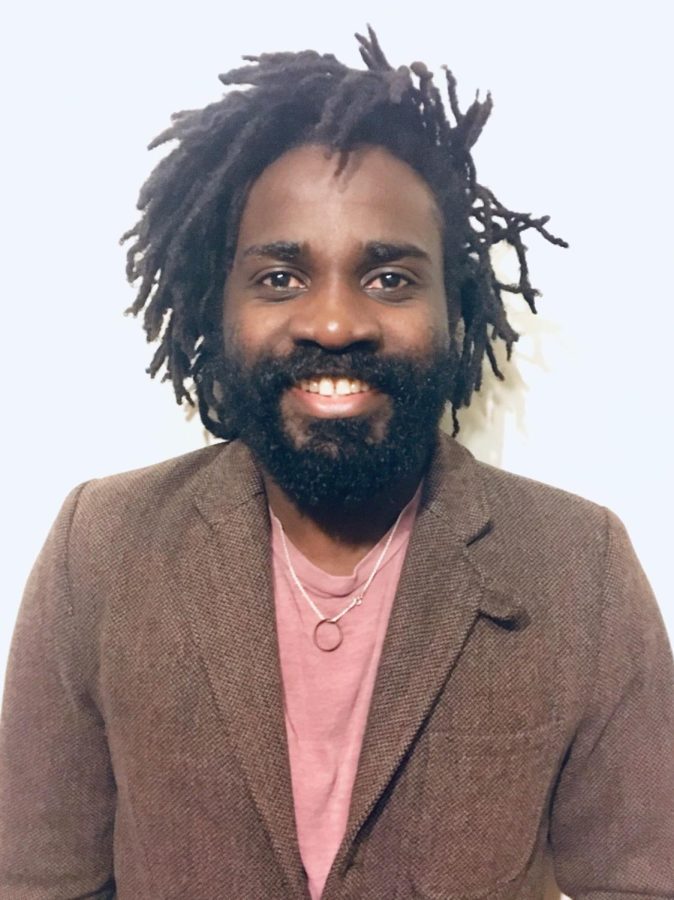PERSPECTIVE: I chose to keep the dreadlocks
As I’ve started to look for a job, my hair has become a source of concern and discomfort in interviews. I never thought that my dreadlocks were considered normal or professional, but I kept them for a different reason.
After I heard that a woman named Chastity Jones lost her job in Alabama because she refused to cut her dreadlocks, I decided to let my hair grow in solidarity with her, and in protest of the Supreme Court’s refusal to hear her case.
I knew it would not be easy from the beginning. I was well aware of the long history of disciplining the black body and had a panorama of movies and news clips to tell me what people think of dreadlocks. I knew that it would make it nearly impossible for me, as an international student, to get a job here. I kept them anyway.
I have seen how people with locs are treated and seen in Haiti. These Rastas, as we called them,were seen as druggies and undesirable. I knew that for people who did not know me, I would be a pariah at first glance. I kept them anyway.
My mother still complains every time she sees them. Ay tigason, ou ap kase kè m’ wi. “You are breaking your mom’s heart, boy,” she says. The last time I was in Haiti, I saw how she lowered her eyes in shame when her friends, horrified, pointed at my hair disgustingly and asked why I did not cut my hair. I saw her pain, and for a moment, I thought about cutting them. But I did not.
I think about cutting my hair quite often, actually. Last week, I cut the longest loc and planned a trip to the barber. Two friends convinced me to keep them, so I did.
I keep them to challenge the belief that they are unprofessional. What is professional in the world is widely dictated by western cultures, i.e. white people. What is professional is what the dominant cultures have chosen to be so and is accepted by the minorities. Most of the time, what is professional is a tool used to bar people from entering certain places — to marginalize them. I reject every ideal of professionalism that pertains to appearance.
Why is it important to wear a suit, which poor people can’t afford, to go to an interview?
In the case of dreadlocks, however, there is something deeper, more historical at play. The policing of the black person’s appearance and body is the most notable remnant of colonialism we have today. During slavery, black people were considered as savages and everything natural in them was ugly and undesired. Their bodies had to be tamed, as were their souls, for them to become Christians. To be born again required more than just baptism for the black slaves, it asked of them to be as European as they could. They had to let the inner savage die and take everything African with it.
Black people are not the only ones being judged by their appearances, of course. White people more or less have to oblige by the same rules. If they do not, they are seen as white trash, which is another way of saying the state of being black. Also, while they might cut the white person some slack, the black person will not be forgiven for infringing the code. Think of the scandals that ensued after Barack Obama’s tan suit and Michelle’s short sleeves.
The saddest and most devastating thing about how the black body is seen and treated is how well we, black people, internalized the norms that are imposed on it. I have learned to be ashamed of this body, of this dark skin, and these unruly hairs.I have seen in countless movies that dreadlocks are markers for bad guys, and the moment those guys change their ways, if they are not dead before that, the first thing they do is cut their hair. I saw Wyclef Jean cut his hair when he started running for president in Haiti. I have seen the furtive glances people throw in my direction. I have seen all of that, but I still keep my locs.
I keep my locs because discrimination against them is still allowed today. I keep my locs because my sister should not be ashamed for her natural hair, and she should not be asked to cut her locs in order to get and maintain a job. I keep my locs, because this body is mine, and, no one should tame it but me.
Sony Ton-Aime is a columnist. Contact him at [email protected].



